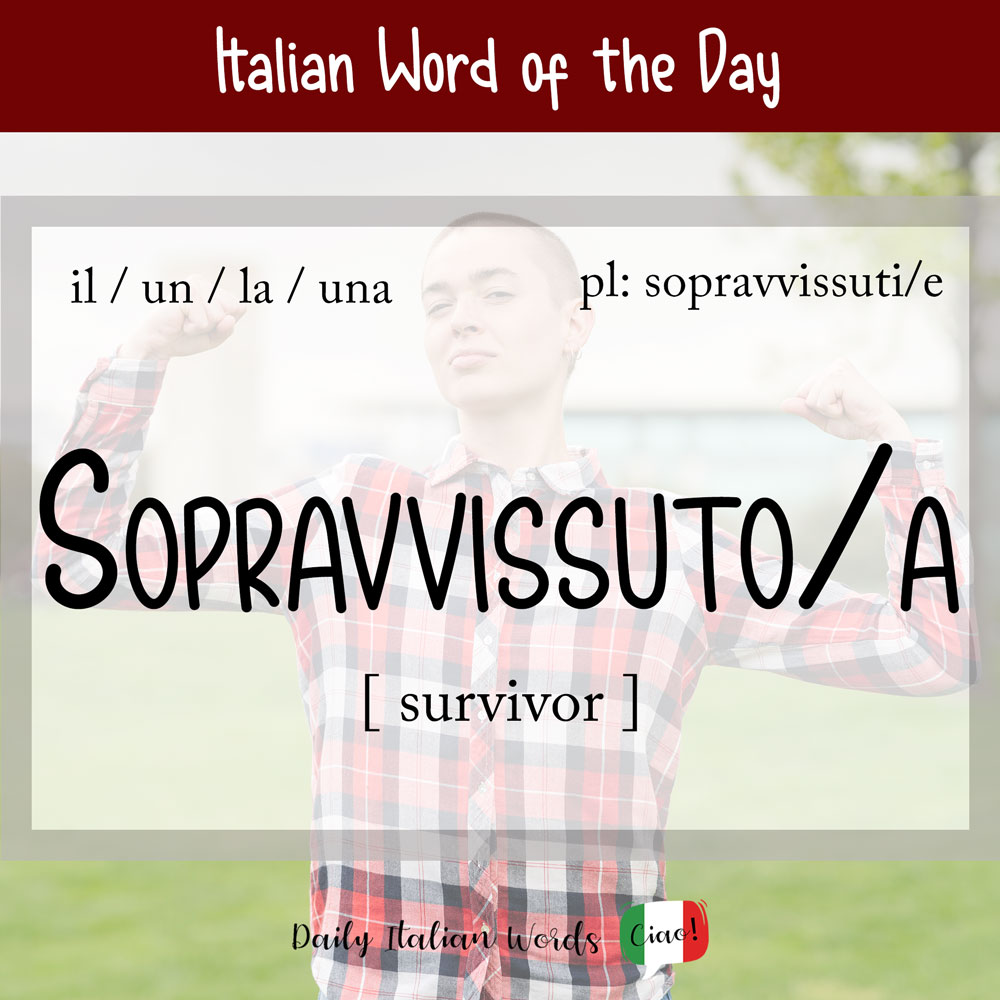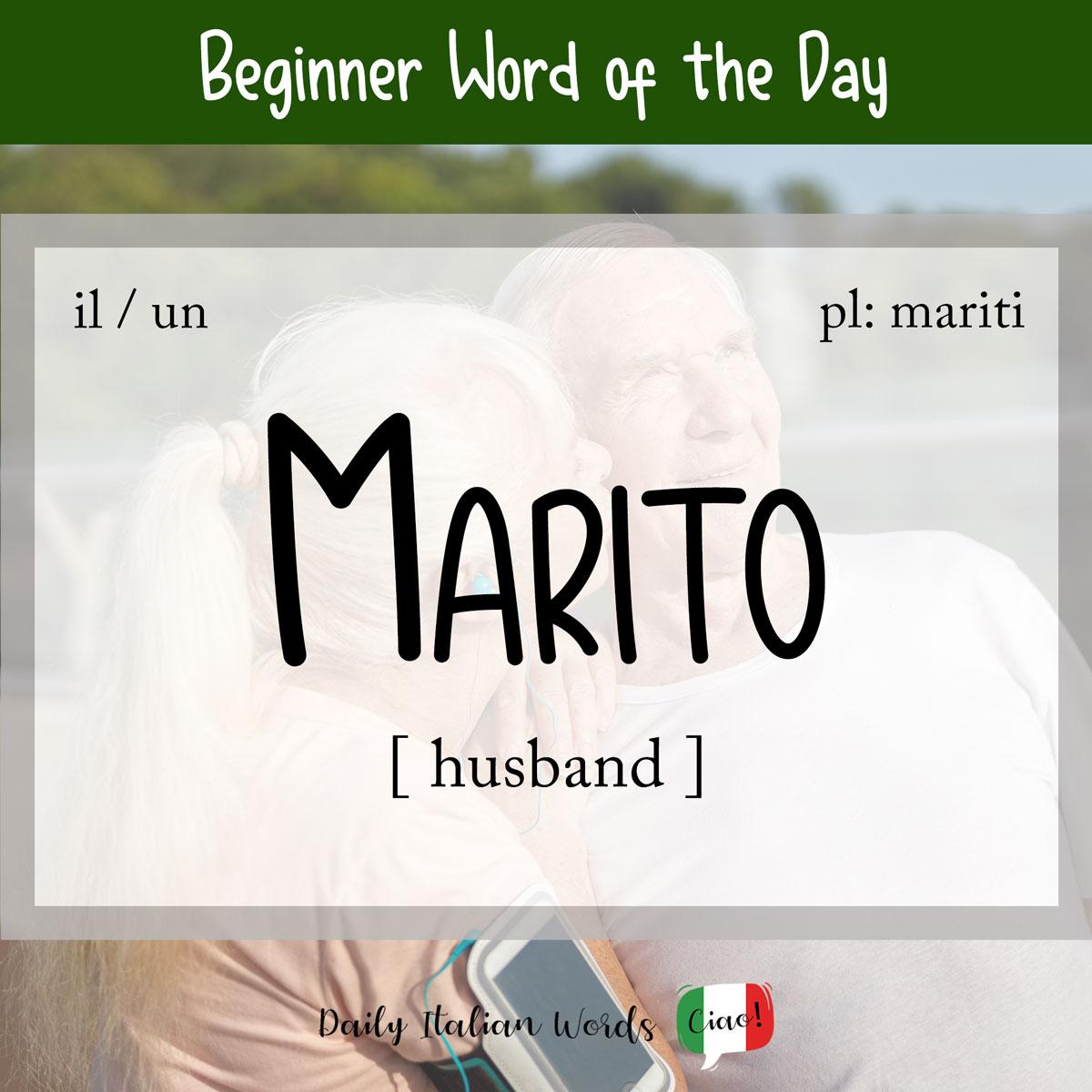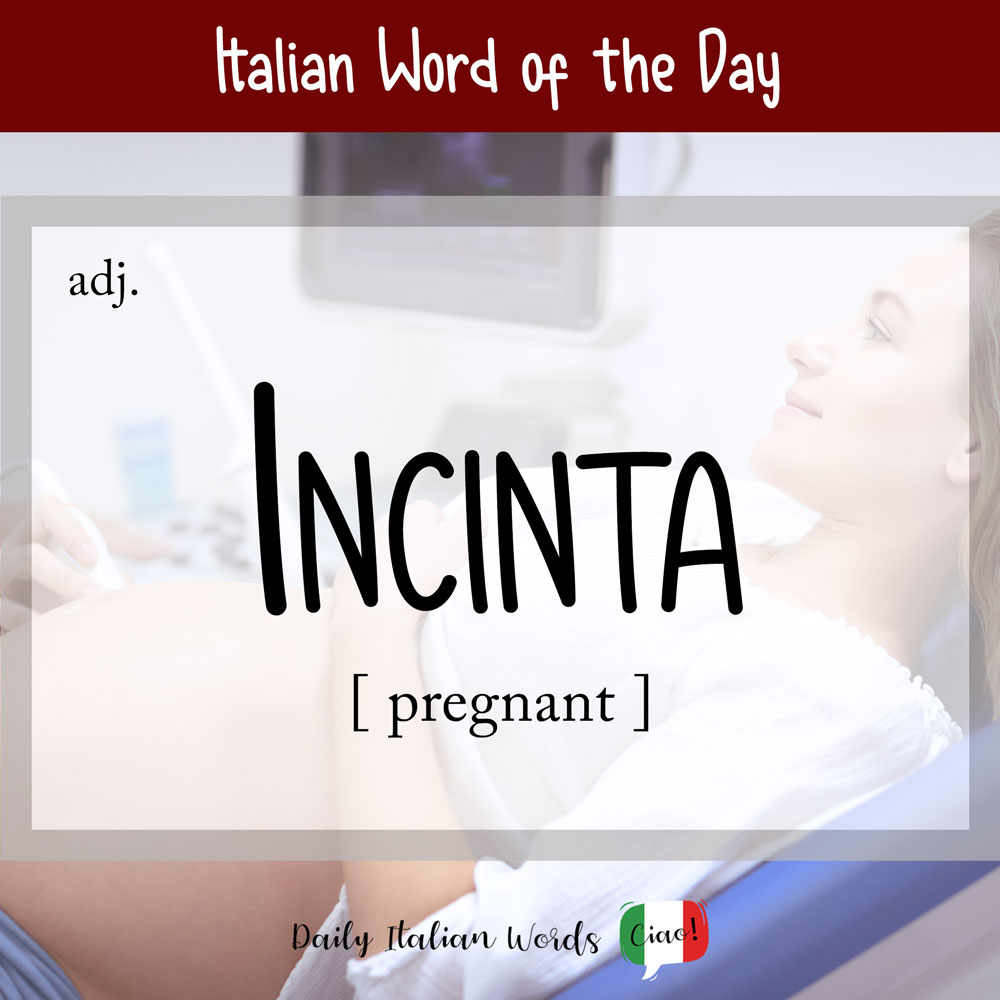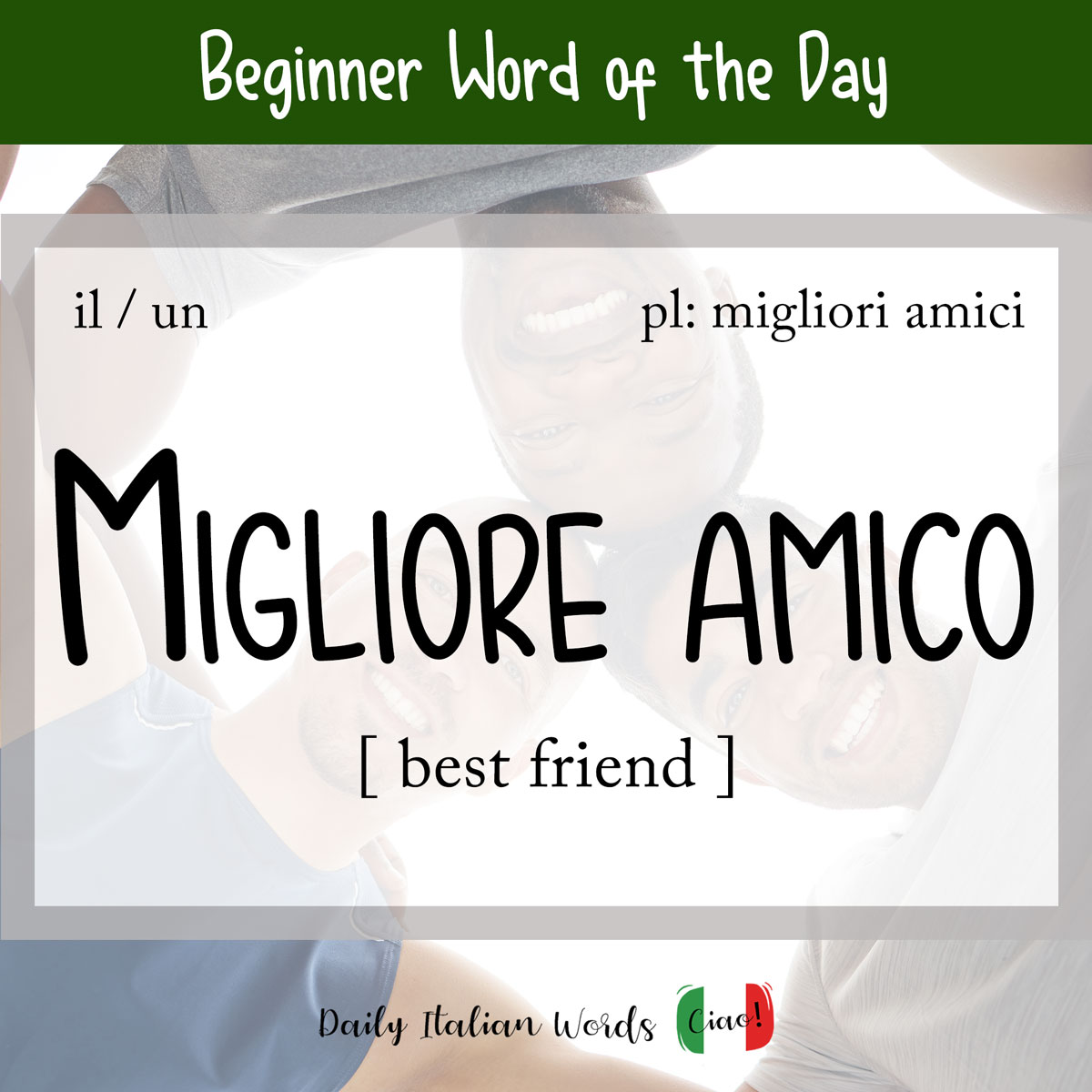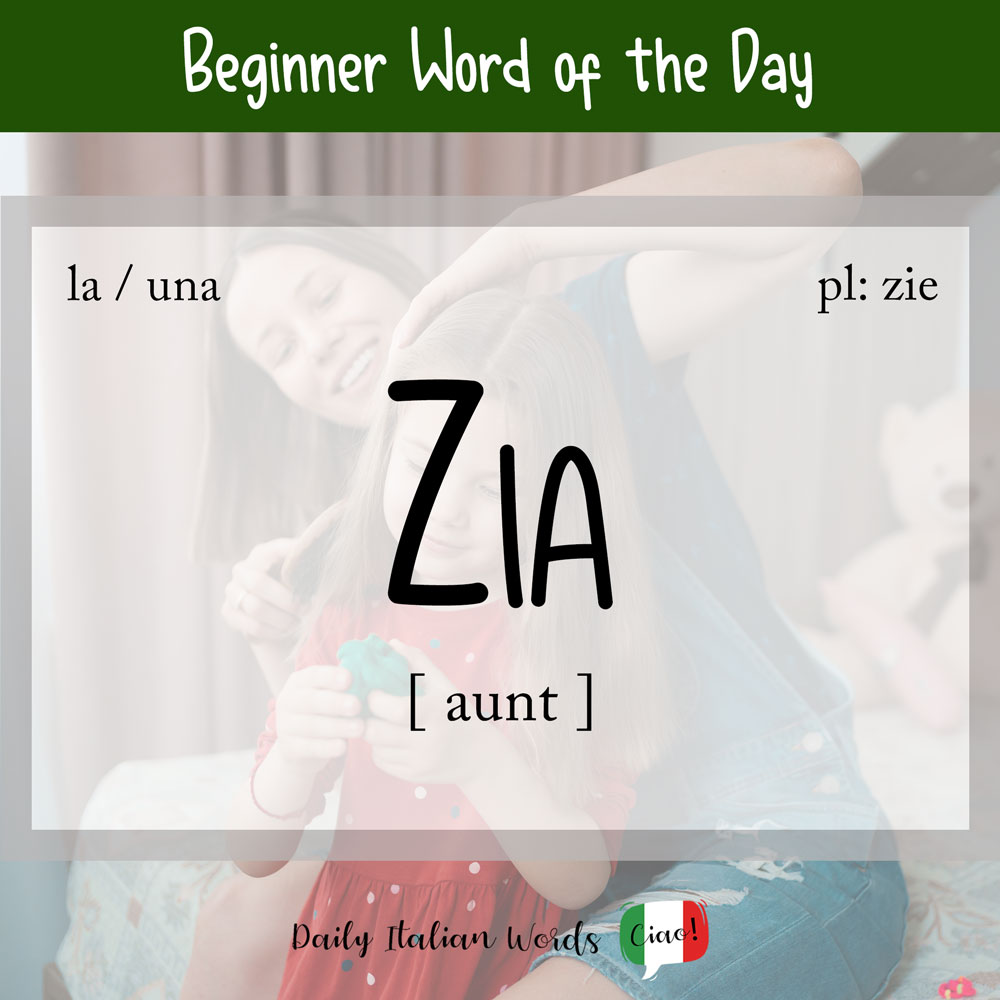Italian Word of the Day: Insegnante (teacher)
The word for teacher in Italian is insegnante. Derived from the verb insegnare (to teach), it can be used to talk about both male and female teachers. The difference between masculine and feminine can be highlighted by the indefinite article or an adjective: Marco è un insegnante di arte mentre Sofia è un’insegnante di fisica. …


